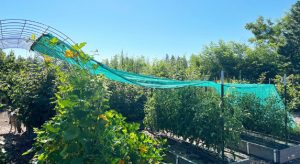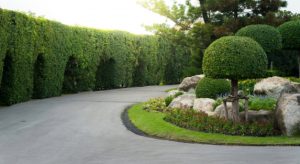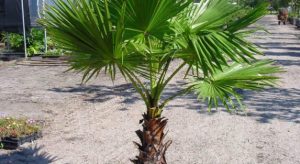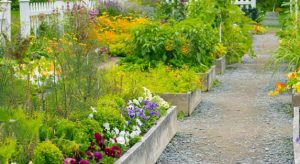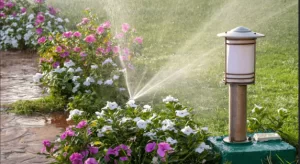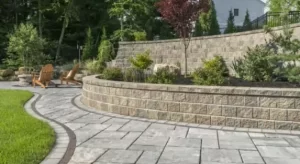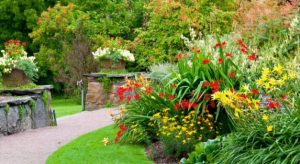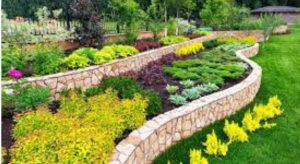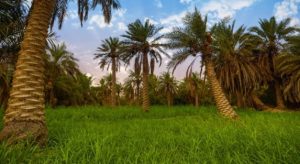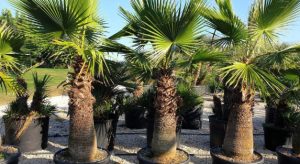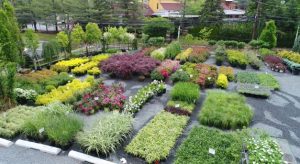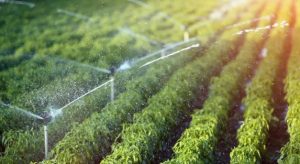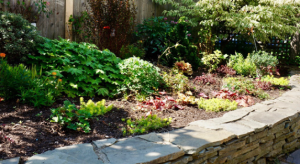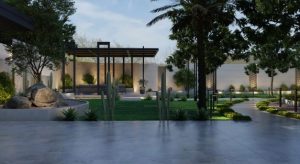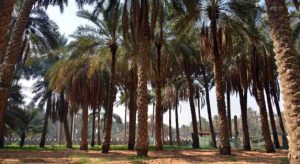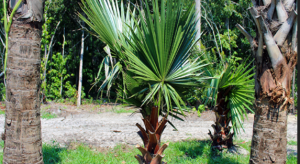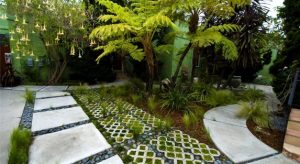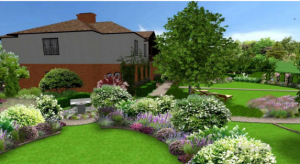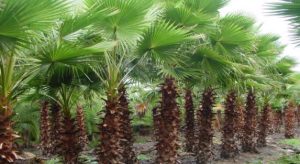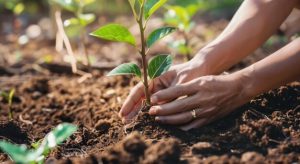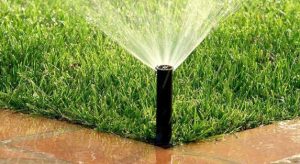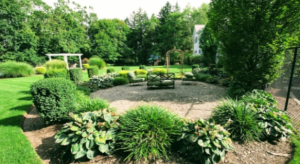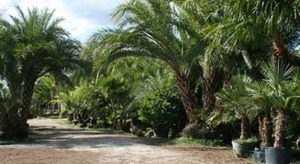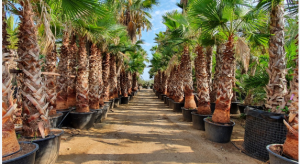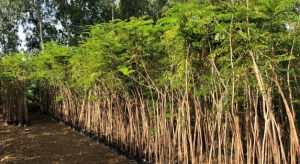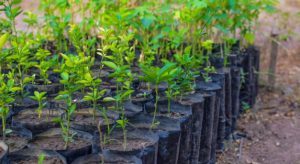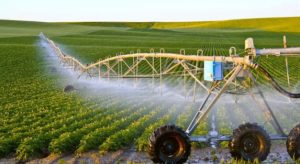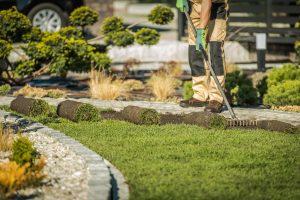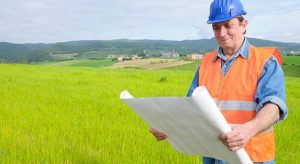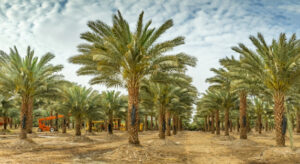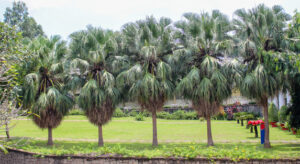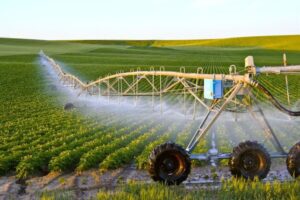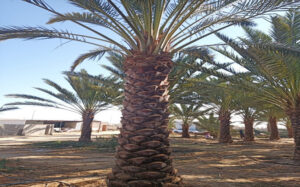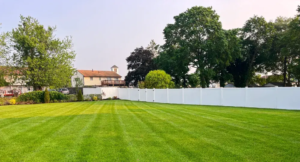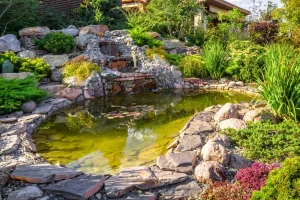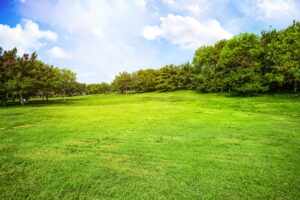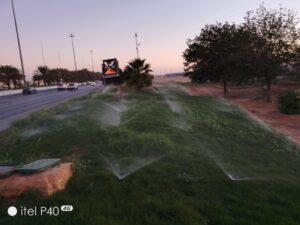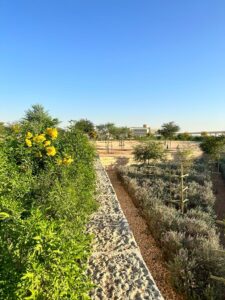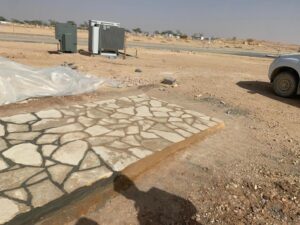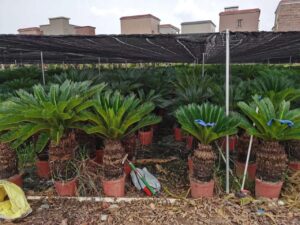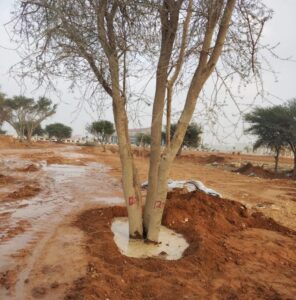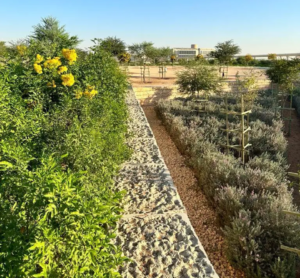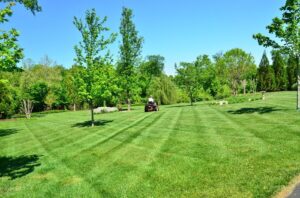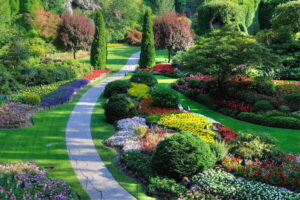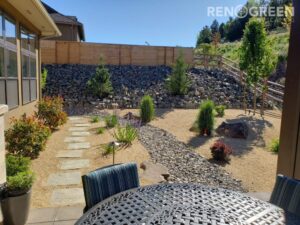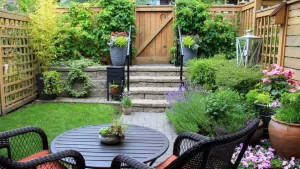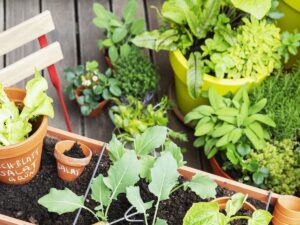The Role of Technology in Riyadh’s Irrigation Landscape
15 November, 2024
Riyadh, the capital city of Saudi Arabia, has seen rapid urbanization and development in recent years, transforming the landscape from barren deserts to thriving metropolitan areas. One of the key factors behind this transformation is the effective use of irrigation systems, which play a critical role in maintaining greenery and enhancing agricultural productivity in this arid region. With the growing demand for sustainable water management, the role of technology in Riyadh’s irrigation landscape has become more significant than ever. The integration of innovative solutions in irrigation installation in Riyadh is not only helping conserve water but also optimizing the efficiency of irrigation practices across the city.
This article explores the technological advancements that are reshaping the irrigation landscape in Riyadh, the benefits of these innovations, and how irrigation installation in Riyadh has evolved to meet the demands of a rapidly changing urban environment.
1. The Challenge of Water Scarcity in Riyadh
Riyadh is situated in one of the driest regions of the world, with limited natural water resources. The city’s climate is characterized by extreme heat and minimal rainfall, making water conservation a top priority. Traditionally, Riyadh's agricultural practices were reliant on groundwater and surface water sources, which are increasingly depleting due to overuse and unsustainable practices. The growing urbanization and population expansion only add to the pressure on the city's water resources, further exacerbating the challenges of maintaining a balance between water demand and supply.
The need for more efficient, sustainable irrigation methods has led to a surge in the adoption of modern irrigation technologies. These technologies not only optimize water usage but also contribute to environmental conservation by reducing waste and energy consumption.
2. Technological Innovations in Irrigation Installation in Riyadh
Advancements in irrigation technology have revolutionized the way water is managed and distributed in Riyadh. From smart systems to automated controllers, these innovations are shaping the future of irrigation installation in Riyadh. Let’s take a closer look at some of the key technologies that are transforming the irrigation landscape in the city.
2.1 Drip Irrigation Systems
Drip irrigation is one of the most efficient methods for delivering water directly to the root zone of plants. Unlike traditional irrigation systems that rely on surface watering, drip irrigation minimizes water wastage by applying water directly to the plants' roots through a network of tubes and emitters. This method is especially effective in Riyadh’s arid climate, where water conservation is paramount.
The integration of drip irrigation in Riyadh has been a game-changer for both residential and agricultural sectors. With the increasing need for water-efficient irrigation solutions, drip systems are being installed in urban parks, commercial landscapes, and agricultural farms across the city.
2.2 Smart Irrigation Controllers
Smart irrigation controllers are one of the most advanced technological solutions in the field of irrigation. These systems use weather data, soil moisture sensors, and other environmental inputs to determine when and how much water should be applied to a particular area. By integrating these smart controllers into irrigation installation in Riyadh, water usage can be optimized based on real-time conditions, reducing water waste and ensuring plants receive the appropriate amount of hydration.
Smart controllers can also be remotely monitored and managed via mobile apps, allowing users to adjust watering schedules from anywhere. This level of control not only enhances water conservation efforts but also provides greater flexibility and convenience for homeowners and businesses.
2.3 Automated Irrigation Systems
Automation has revolutionized irrigation practices in Riyadh. Automated irrigation systems are designed to operate with minimal human intervention, making it easier to maintain large-scale irrigation networks. These systems include sensors that monitor soil moisture levels, weather conditions, and irrigation performance, adjusting the watering schedule accordingly.
For instance, if a sudden rainstorm occurs, the system can automatically suspend watering to prevent overwatering. This type of automation is particularly useful for large commercial landscapes, agricultural fields, and public parks, where manual irrigation can be time-consuming and prone to error.
2.4 Rainwater Harvesting Systems
Incorporating rainwater harvesting into the irrigation system is another way technology is being utilized to improve water management in Riyadh. By collecting and storing rainwater, these systems help reduce the reliance on municipal water supplies and promote sustainable water use.
Rainwater harvesting systems can be integrated with irrigation systems to provide an additional source of water during dry spells. This is particularly important in Riyadh, where rainfall is infrequent and often unpredictable. By capturing and storing rainwater, businesses, homeowners, and agricultural operations can significantly reduce their water bills and environmental impact.
2.5 Soil Moisture Sensors and Data Analytics
Soil moisture sensors play a crucial role in modern irrigation systems by providing real-time data on soil conditions. These sensors measure the moisture content in the soil and send the information to the irrigation controller, which adjusts the watering schedule accordingly. This eliminates the need for manual monitoring and ensures that plants receive adequate water while avoiding overwatering.
In Riyadh, where water conservation is critical, soil moisture sensors help optimize irrigation efficiency. When combined with data analytics, these sensors can predict water requirements based on weather patterns, soil type, and plant species, offering a more tailored and precise approach to irrigation.
3. Benefits of Technological Integration in Irrigation Installation in Riyadh
The integration of advanced technology in irrigation installation in Riyadh offers a range of benefits, including:
3.1 Water Conservation
Water conservation is the primary benefit of adopting advanced irrigation technologies in Riyadh. By using systems like drip irrigation, smart controllers, and soil moisture sensors, water usage can be minimized while ensuring plants receive the hydration they need. This is particularly important in a city like Riyadh, where fresh water is a scarce resource.
3.2 Cost Efficiency
Although the initial installation of high-tech irrigation systems may require a significant investment, the long-term savings are considerable. With water being a valuable resource in Riyadh, reducing water wastage translates into lower water bills. Moreover, automated systems reduce the need for manual labor, further reducing operational costs.
3.3 Increased Agricultural Productivity
In Riyadh’s agricultural sector, technology-driven irrigation systems have resulted in higher crop yields. By providing precise water distribution, these systems optimize plant growth, reduce stress on crops, and increase the overall efficiency of farming operations. This is crucial for ensuring food security and promoting sustainable agriculture in the region.
3.4 Environmental Sustainability
Technology-driven irrigation systems contribute to environmental sustainability by minimizing water wastage and reducing the carbon footprint of traditional irrigation methods. By adopting eco-friendly practices like rainwater harvesting and drip irrigation, Riyadh can work towards achieving its sustainability goals and reducing the strain on natural resources.
4. The Future of Irrigation in Riyadh
The future of irrigation installation in Riyadh looks promising, as new technologies continue to emerge. Artificial intelligence (AI) and machine learning (ML) are expected to play an increasingly important role in irrigation management. By leveraging AI and ML algorithms, irrigation systems can be further optimized for water use efficiency, predictive maintenance, and system performance.
Additionally, there is growing interest in the use of renewable energy sources like solar power to drive irrigation systems, reducing dependency on electricity from the grid. Solar-powered irrigation systems can provide a reliable and sustainable solution for off-grid areas and reduce the overall cost of irrigation in Riyadh.
5. Conclusion
The role of technology in Riyadh’s irrigation landscape cannot be overstated. As the city faces increasing challenges related to water scarcity, the integration of advanced irrigation systems is essential for ensuring the sustainable use of water resources. Technologies like drip irrigation, smart controllers, soil moisture sensors, and automated irrigation systems are revolutionizing the way water is managed in Riyadh. These innovations are not only helping conserve water but also improving the efficiency of irrigation practices across the city, benefiting both urban landscapes and agricultural operations.
As Riyadh continues to grow and urbanize, the adoption of these technologies will play a key role in shaping the city’s future, ensuring a greener, more sustainable environment for generations to come.
- Fountain and Waterfalls
- Gardening
- hardscape
- Irrigation system
- Landscape
- Lawn
- Nursery
- Palm Tree
- Plantation and Maintenance
- softscape
- Tree Transplanting
- Washingtonian Tree
Categories
Latest Post
- Fountain and Waterfalls
- Gardening
- hardscape
- Irrigation system
- Landscape
- Lawn
- Nursery
- Palm Tree
- Plantation and Maintenance
- softscape
- Tree Transplanting
- Washingtonian Tree





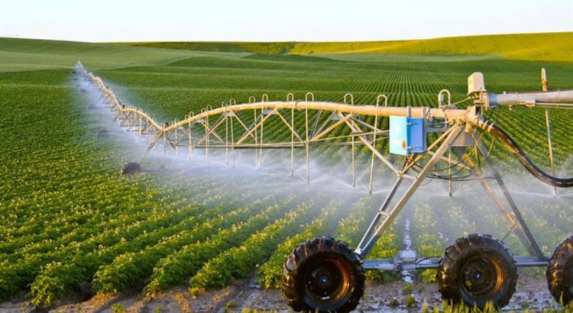
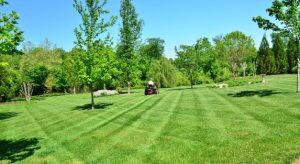
 .
.


